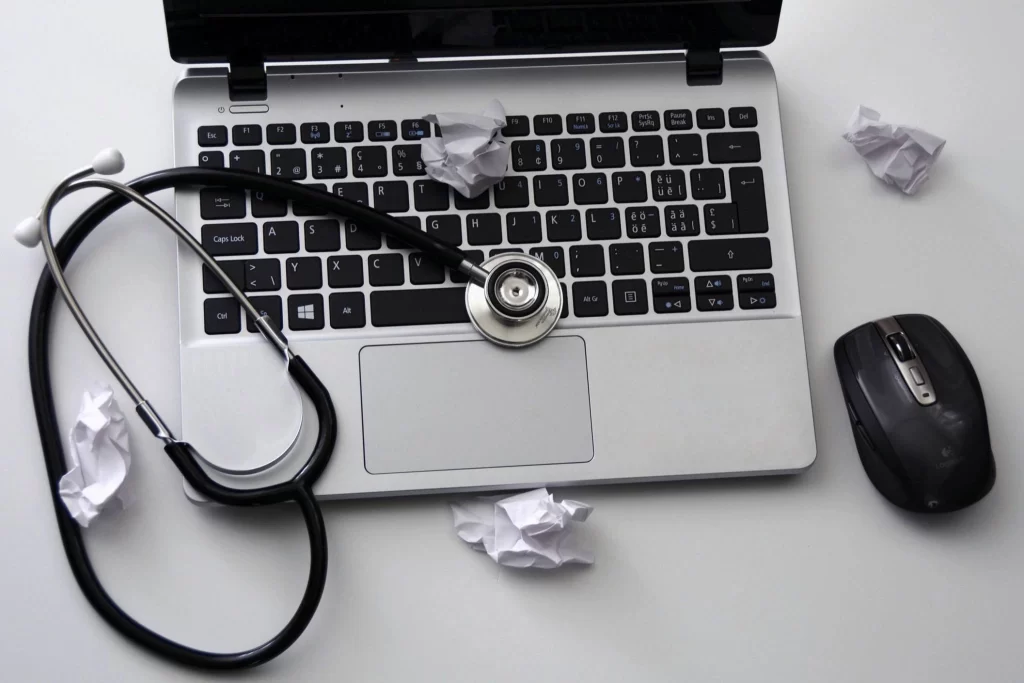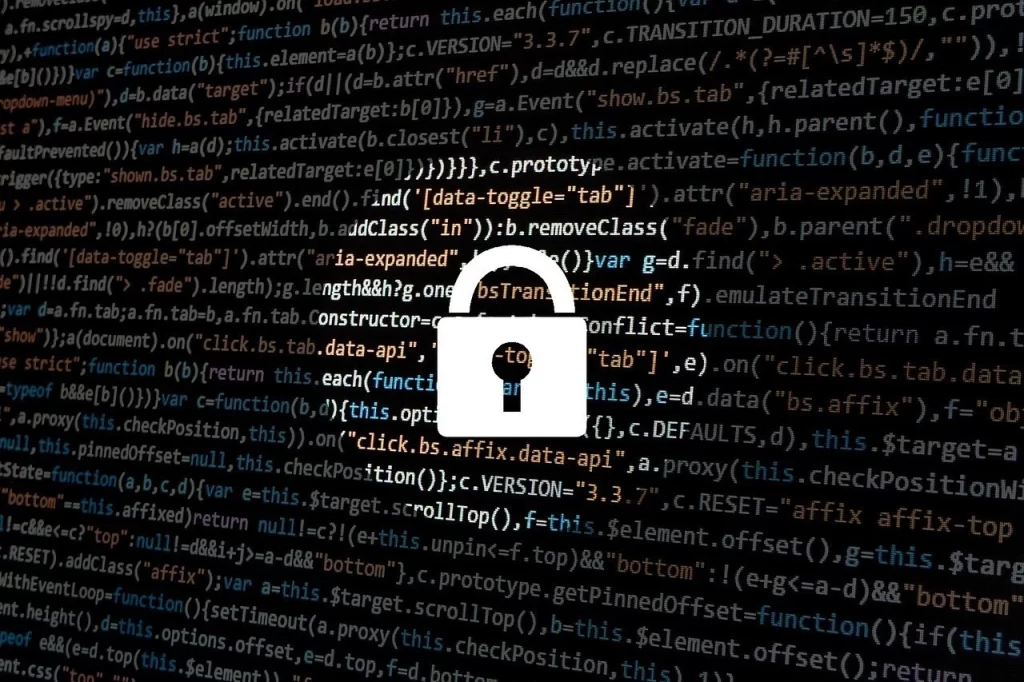When most people think of an infected computer, their brain screams, “VIRUS!”. That is usually not the case, and most infected computers that we receive don’t have a virus. Instead, most affected computers have malware.
What’s the difference between Malware and Viruses?
Viruses are programs that replicate themselves and try to spread through your computer and network. Once you have an infection in your computer, it is tricky to get rid of it. Using an antivirus will usually block it from entering, but once it’s in, it gets complicated.
A computer virus is very similar to an actual virus, like the flu. Once you get infected, the disease wants to spread—you start sneezing and coughing, spreading it.
In a very similar way, once your computer gets infected, it can start sending data to other computers in your network, or to people’s email addresses that you have saved on your computer. The virus replicates itself to try to become as robust as possible.
Because of this mechanism, it is crucial to have your computer professionally cleaned.

How can a computer get a virus?
The most common way of contracting a computer virus is opening an email attachment or downloading something suspicious on the web.
Viruses and their makers are getting sneakier, so it might be challenging to differentiate between a real program and a virus. For example, an increasingly popular method of spreading a virus to different computers is to leave a USB-drive lying around in a crowded place.
What would you do if you found a USB stick at a café, for example? Most people would plug it into their computer to see what’s on it, hoping to find the owner and return it. That is a bad idea since once you plug the USB into your computer, it can immediately start unpacking the virus, and you’d be in trouble.
Sometimes the user doesn’t even realize they’re infected. In our computer repair days, we had a case where a client had a Cryptocurrency Miner Virus on their computer, but it was very much hidden.
We realized there was a virus on the computer by the extreme usage of the Graphics Processing Unit. The fans on the machine went crazy, even though it was idling. On closer inspection, it turned out that the culprit was WinZip (or what was pretending to be WinZip).
WinZip doesn’t use your GPU. We had to dig deeper and realized that a virus was pretending to be WinZip so that the client wouldn’t get suspicious. In this case, someone was using our computer for their gain, but the consequences might be much more severe.
Remember the WannaCry ransomware from 2017? That ransomware was dangerous since it encrypted files on the PC and thus made it impossible to get to them. A ransom was then required to decrypt the data.
The virus affected more than 300,000 computers and affected large systems of sensitive data, such as health services.

Takeaway
Computer viruses are rare but severe. If your computer is acting suspiciously: for example, using a lot of resources for no apparent reason (check Task Manager in both Windows and Mac) or if you notice encrypted files, turn your computer off and disconnect it from the network.
Then, please take it to a computer shop for a thorough cleaning. To avoid getting a virus infection, do not open attachments or download any files that look even slightly suspicious.
Other types of malware
Adware
Most of the malicious software we see is mal- or spyware.
A prevalent type that we see often is adware. Adware is usually not dangerous by itself, but it can get very frustrating to have tens of pop-ups show up on your screen, or ending up on a strange advertising site when you’re just trying to Google something.
The goal of adware is to collect data about your habits online, so the makers can direct more specific ads and make you buy. They can also earn money for each click you make on an ad.
Most commonly, you will start seeing click-bait ads, your homepage changes to something odd, or you get constant pop-ups that you can’t close using the “X” button.
Spyware
Other categories include worms, spyware, scareware, and many others. Let’s take a closer look at one of the most common types of malware – spyware.
You can “contract” spyware much the same way as you can catch a virus. Often you get it when you are downloading a bundle of other programs or streaming videos.
Ever notice that when you’re about to download a file, you see several different options for “download”? You have to be very careful when downloading anything online because it can be tricky to choose the correct download.
Some spyware is more evident than others, showing up at the bottom of your screen at the taskbar, in the Task Manager, or just making your computer noticeably slower.
Most of the time, though, spyware is hidden, secretly recording every keystroke and click. After sending the information to a third party, the criminal can access your bank account, email credentials, and most else you do on your computer.
Do not trust anyone that offers a not-so-well-known free anti-spyware scan or tool. The providers tend to be spyware (or adware) in disguise, or they might point out a bunch of extremely malicious software that you might not even have, so a little caution (and going through reviews) goes a long way.
You should also beware of very intrusive ads that move around a lot, blink continuously, or the ones that don’t have an “X” button to close it out.
Takeaway
The most common malicious software you might find on your computer is adware. To avoid getting infected with malware, we recommend always being suspicious of anything you click online.
If you get a rogue pop-up that will not close on its own, that (sometimes) has audio and has big flashing “Warning!” signs; you can open your Task Manager and close the ad from there. If you keep seeing pop-ups everywhere when using your browser, you might want to go over your browser extensions and clean it up.
You can do a lot to protect yourself from online baddies. The most important thing is always to be critical about what you click on and especially download. Better safe than sorry!
Check the sender email address when you get an odd email, try not to click on clickbait-y advertisements and before you download something, and make sure it is a legitimate site and product.



